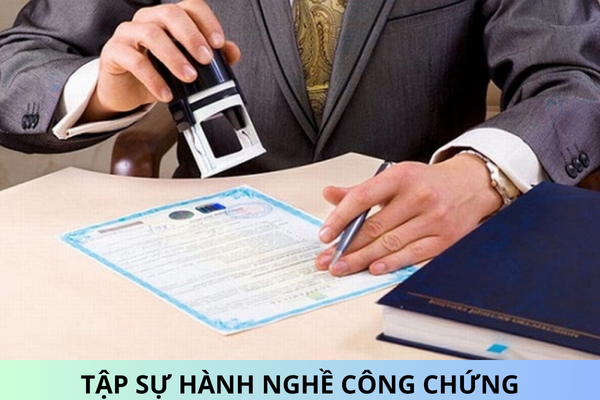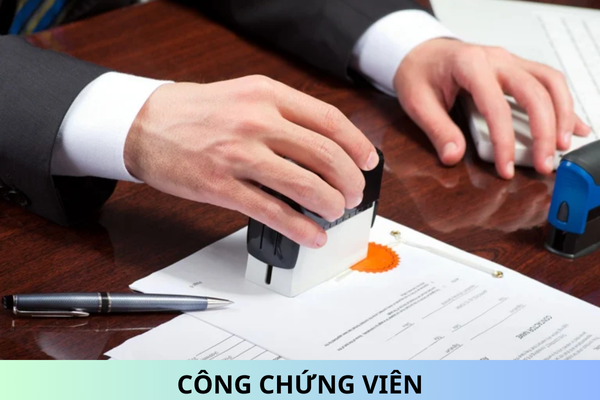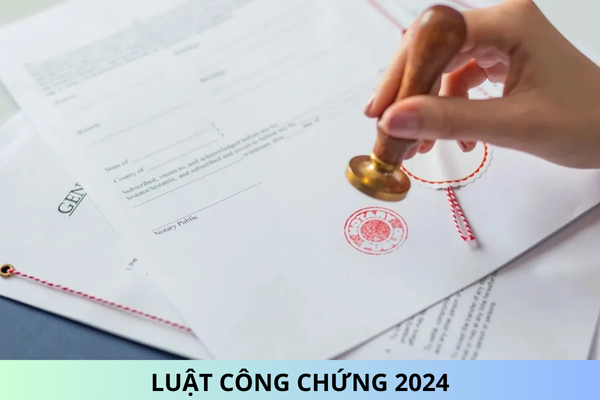Is it compulsory to notarize a lawful will in Vietnam? What content shall be presented in the will in case there are changes or erasure?
Is it compulsory to notarize a lawful will in Vietnam? What content shall be presented in the will in case there are changes or erasure? - Ms. Khue (Khanh Hoa).
What content shall be presented in the will in case there are changes or erasure?
Pursuant to Clause 3 Article 631 of the Civil Code in 2015 stipulating contents of written wills as follows:
Contents of written wills
1. A will must specify clearly the following:
a) The date on which the will is made;
b) The full name and place of residence of the testator;
c) The full names of the persons and the bodies or organizations entitled to inherit the estate;
d) The estate to be bequeathed and its location.
2. Apart from the contents prescribed in Clause 1 of this Article, the will may have other contents.
3. A will may not be written using abbreviations or other symbols. If a will consists of several pages, each page must be numbered and bear the signature or fingerprint of the testator.
Where a will has erasure or correction, the testator or the testament witness must sign beside erasing and corrected place.
In case there are changes or erasure, the testator or the testament witness must sign beside erasing and corrected place.
What are contents of written wills in Vietnam?
Pursuant to Clause 3 Article 631 of the Civil Code in 2015 stipulating contents of written wills as follows:
- The date on which the will is made;
- The full name and place of residence of the testator;
- The full names of the persons and the bodies or organizations entitled to inherit the estate;
- The estate to be bequeathed and its location.
Is it compulsory to notarize a lawful will in Vietnam?
Pursuant to Article 630 of the Civil Code in 2015 stipulating lawful wills as follows:
Lawful wills
1. A will must satisfy the following requirements in order to be lawful:
a) The testator was of sound mind when he or she made the will; and he or she was not deceived, threatened or coerced into making the will;
b) The contents of the will are not contrary to law or social morals and the will complies with legal formalities.
2. A will made by a person between fifteen and eighteen years of age must be made in writing and with the consent of the parents or guardian of such person.
3. A will made by a person who is incapacitated or illiterate must be made in writing by a witness and must be notarized or certified.
4. A written will which is not notarized or certified shall be deemed lawful only if it satisfies the requirements provided in Clause 1 of this Article.
5. An oral will shall be deemed lawful only if the testator orally expressed his or her last wishes before at least two witnesses who immediately thereafter recorded those wishes in writing and signed or fingerprinted the document. Such will must be notarized or certified within five working days of the date on which the testator orally expressed his or her last wishes.
As regulations above, it is not compulsory to notarize a lawful will in Vietnam. However, a lawful will must satisfy following requirements:
- The testator was of sound mind when he or she made the will;
- The testator was not deceived, threatened or coerced into making the will;
- The contents of the will are not contrary to law or social morals;
- The will complies with legal formalities.
What are rights of testators in Vietnam?
Pursuant to Article 626 of the Civil Code in 2015 stipulating rights of testators in Vietnam as follows:
A testator has the following rights:
- Appoint heirs or to deprive an heir of the right to inherit the estate;
- Determine those parts of the estate which each heir is entitled to;
- Reserve part of the estate as a gift or for worship purposes;
- Designate heirs to perform obligations;
- Appoint a custodian of the will, an administrator of the estate, and a distributor of the estate.
Best regards!











